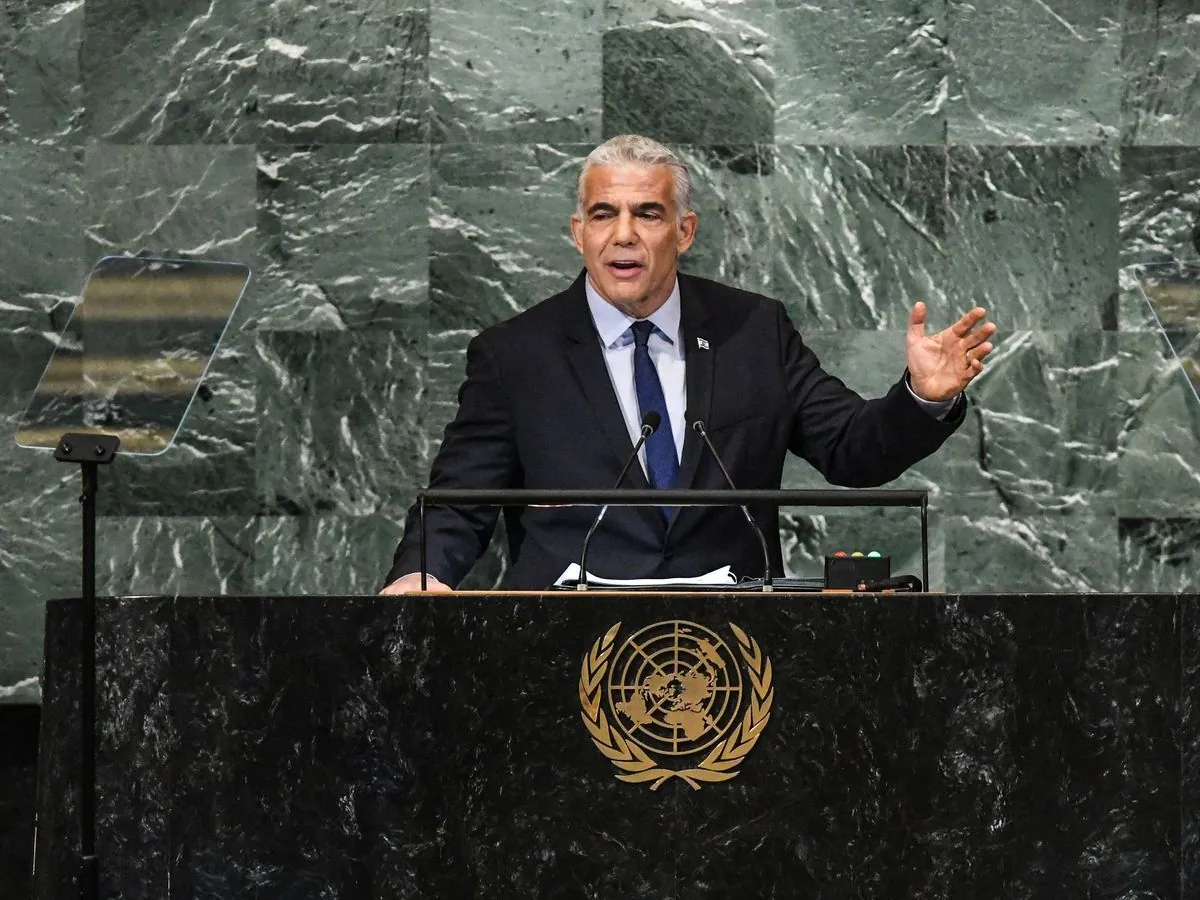In a significant development in Israel's ongoing efforts to secure the release of hostages held in the Gaza Strip, Yair Lapid, the opposition leader and former prime minister, has called for a nationwide strike to exert pressure on the government. This appeal comes in the wake of the recovery of six more hostage bodies from Gaza, intensifying the urgency of the situation.
Lapid urged Israelis to participate in a major protest scheduled for later today in Tel Aviv, Israel's economic hub and second-largest city. The opposition leader's call extends to the Histadrut, Israel's primary labor union representing over 800,000 workers, as well as businesses and municipalities across the country.
"I call on every Israeli whose heart was broken this morning to join a major protest in Tel Aviv later in the day."
The proposed strike aims to shut down the country's economy, a tactic that has historical precedence in Israel. In 2011, a significant general strike occurred over economic issues, demonstrating the potential impact of such actions.
Israel's multi-party system, which often results in coalition governments, adds complexity to the political landscape. The 120-seat Knesset, Israel's unicameral parliament, is currently grappling with this critical issue that has captured national attention.
The Gaza Strip, one of the world's most densely populated areas, has been under blockade by Israel and Egypt since 2007. The region has been a focal point of the Israeli-Palestinian conflict, which remains one of the most enduring geopolitical issues globally. Israel unilaterally withdrew from Gaza in 2005, but tensions have persisted, with several military operations conducted since 2008.
International efforts to broker peace between Israel and Palestinians have been ongoing for decades, with limited success. The current hostage crisis adds another layer of complexity to an already intricate situation.
As Israelis contemplate joining the proposed strike and protest, the nation faces a critical juncture in its approach to securing the release of the remaining hostages. The coming days will likely prove crucial in determining the effectiveness of this public pressure on the government's negotiation strategies.
